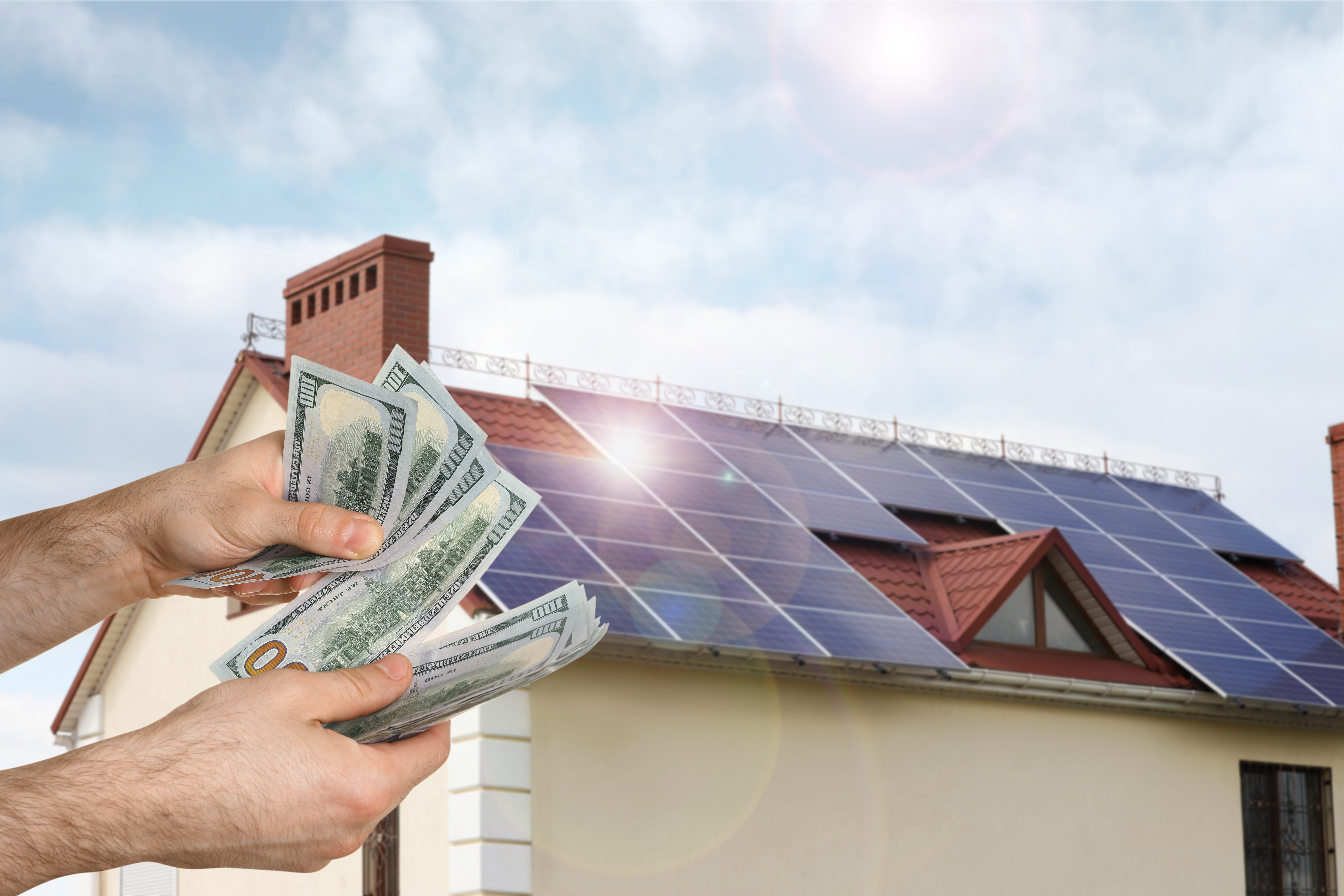Just How Solar Energy Can Assist You Conserve Cash and Minimize Your Carbon Impact
The assimilation of solar energy right into your power profile presents an engaging possibility for both financial cost savings and ecological stewardship. By harnessing the sun's energy, property owners can substantially decrease their month-to-month utility costs while also protecting against the unpredictability of future energy costs. The shift to solar adds to a marked decrease in carbon exhausts, lining up personal finance with broader eco-friendly goals. As various federal government rewards become available, the question arises: how can one efficiently navigate the first financial investments and continuous advantages of solar innovation to make best use of both financial and environmental gains?
Recognizing Solar Power Cost Savings
While the transition to solar energy typically includes a preliminary investment, understanding solar power cost savings is vital for home owners and businesses alike. Solar energy systems can substantially decrease electrical energy expenses by utilizing the sun's energy, converting into considerable long-lasting economic benefits.
Additionally, solar energy systems might receive different monetary incentives, including tax obligation credits and rebates, better boosting their cost-effectiveness. The accessibility of net metering allows users to market excess power back to the grid, creating an added earnings stream. These variables add to the overall savings connected with solar power.

Along with direct monetary financial savings, solar power offers the added advantage of boosting residential or commercial property value. Residences equipped with solar panels are usually extra eye-catching to purchasers, as they assure lower energy expenses - Simply Solar Illinois. Comprehending these elements is vital for anybody thinking about solar power, as it highlights not just the prospective monetary gains, but also the broader environmental and financial advantages of embracing renewable resource remedies
Preliminary Prices vs. Long-Term Conveniences
When examining solar energy, it is essential to evaluate the preliminary costs versus the long-term benefits. The ahead of time investment for photovoltaic panels, installation, and relevant tools can be significant, commonly varying from $15,000 to $30,000, depending on the system dimension and home energy requirements. This initial expenditure may discourage some home owners; nonetheless, it is crucial to consider the prospective savings over time.
Once installed, solar power systems can significantly lower and even remove regular monthly electricity bills, leading to significant long-lasting financial advantages. Researches suggest that home owners can conserve anywhere from $10,000 to $30,000 over the life expectancy of their planetary system, usually 25 years. Additionally, lots of states supply rewards, tax credit scores, and rebates that next can counter first prices, making solar much more easily accessible.

Lowering Your Carbon Footprint
Reducing your carbon impact is a vital consideration in today's environmentally conscious society, and embracing solar power is one of one of the most reliable approaches to achieve this objective. Solar power is a tidy, sustainable resource that substantially decreases reliance on nonrenewable fuel sources, which are significant factors to greenhouse gas emissions.

In addition, the extensive adoption of solar technology motivates the advancement of eco-friendly tasks and sustains developments in energy storage and performance. The more people and companies purchase solar power, the greater the collective reduction in carbon emissions, cultivating a cleaner ambience for future generations.
Government Incentives and Discounts
Embracing solar energy not only profits the atmosphere however can also lead to substantial monetary savings, particularly with the schedule of federal government incentives and discounts. Different government, state, and neighborhood programs are created to motivate home owners and companies to purchase solar power systems, making the shift more economical.
Among one of the most famous motivations is the Federal check here Investment Tax Obligation Credit Scores (ITC), which permits planetary system proprietors to subtract a significant percent of the installation costs from their government tax obligations. This incentive has actually been critical in minimizing the ahead of time costs connected with solar power systems. In addition, lots of states provide their own tax credits, grants, and rebates that can further improve financial savings.
Additionally, some regional governments supply residential or commercial property tax exceptions for solar installments, making sure that house owners do not face increased property taxes as an outcome of their renewable resource financial investments. Energy firms might additionally use incentives, including web metering and feed-in tariffs, which permit solar energy customers to sell excess power back to the grid.
Selecting the Right Solar System
Picking the suitable planetary system is essential for optimizing power performance and monetary advantages. The choice rests on several variables, including energy requirements, budget plan, and available room. Home owners ought to start by examining their electrical power consumption to establish the system size needed for ideal efficiency.
Next, consider the different kinds of solar modern technologies available. Simply Solar Illinois. Photovoltaic Or Pv (PV) panels are the most usual, converting sunshine directly right into electrical energy, while solar thermal systems focus on home heating water. Each type has unique advantages depending on private needs
Budget plan factors to consider are also vital. Initial installation costs can vary significantly, so it's crucial to compare quotes from several suppliers and check out funding options. Government rewards and discounts can further minimize the economic concern, making planetary systems more obtainable.
Conclusion
The ecological benefits of solar power contribute to sustainable methods important for combating environment modification. Government rewards improve the feasibility of solar modern technology fostering, encouraging a transition towards a cleaner, extra financially effective energy resource.